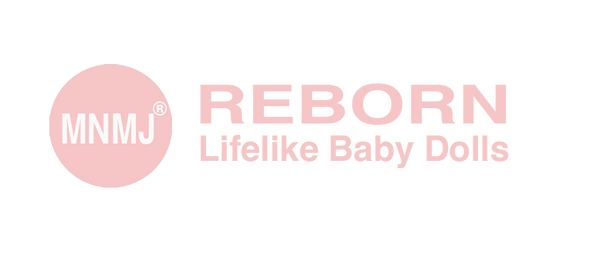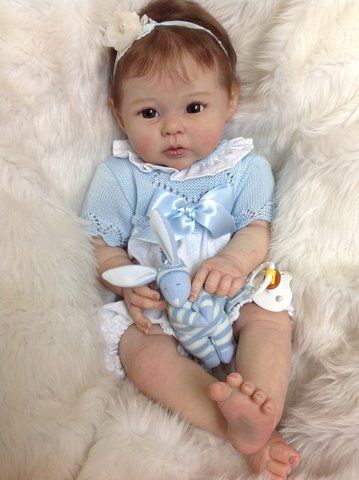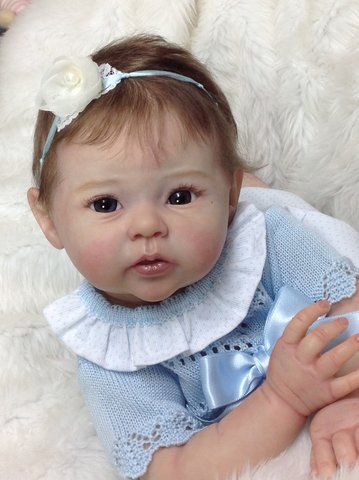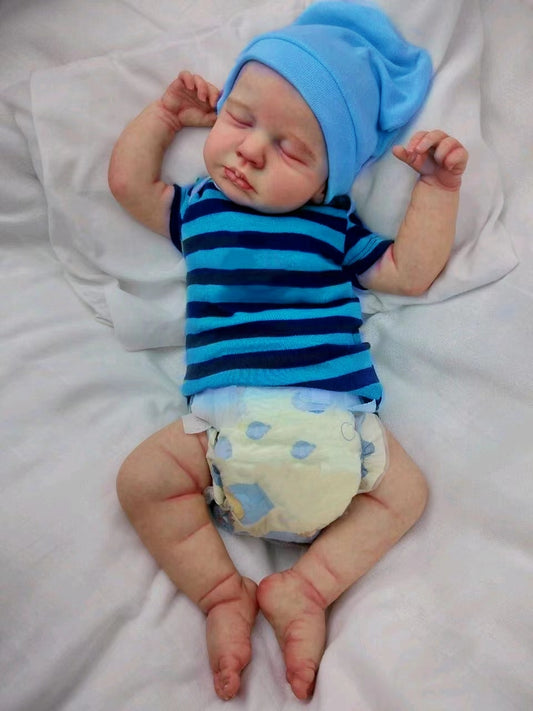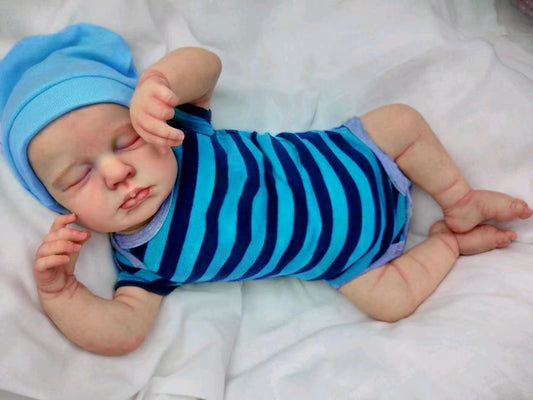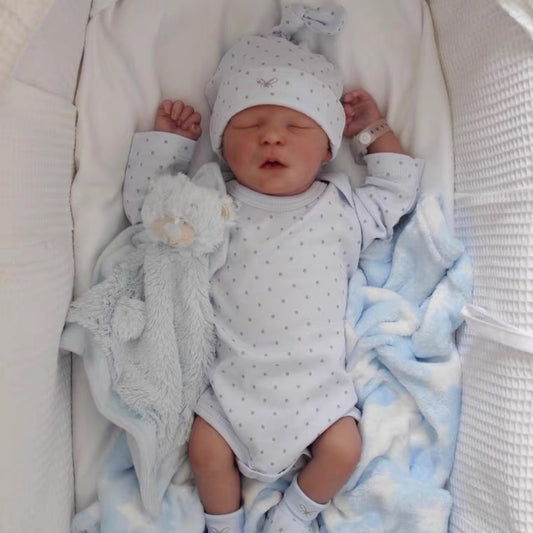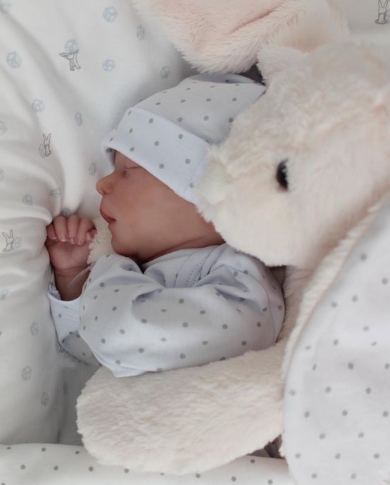Why Does My Baby Like to Play with Baby Dolls?
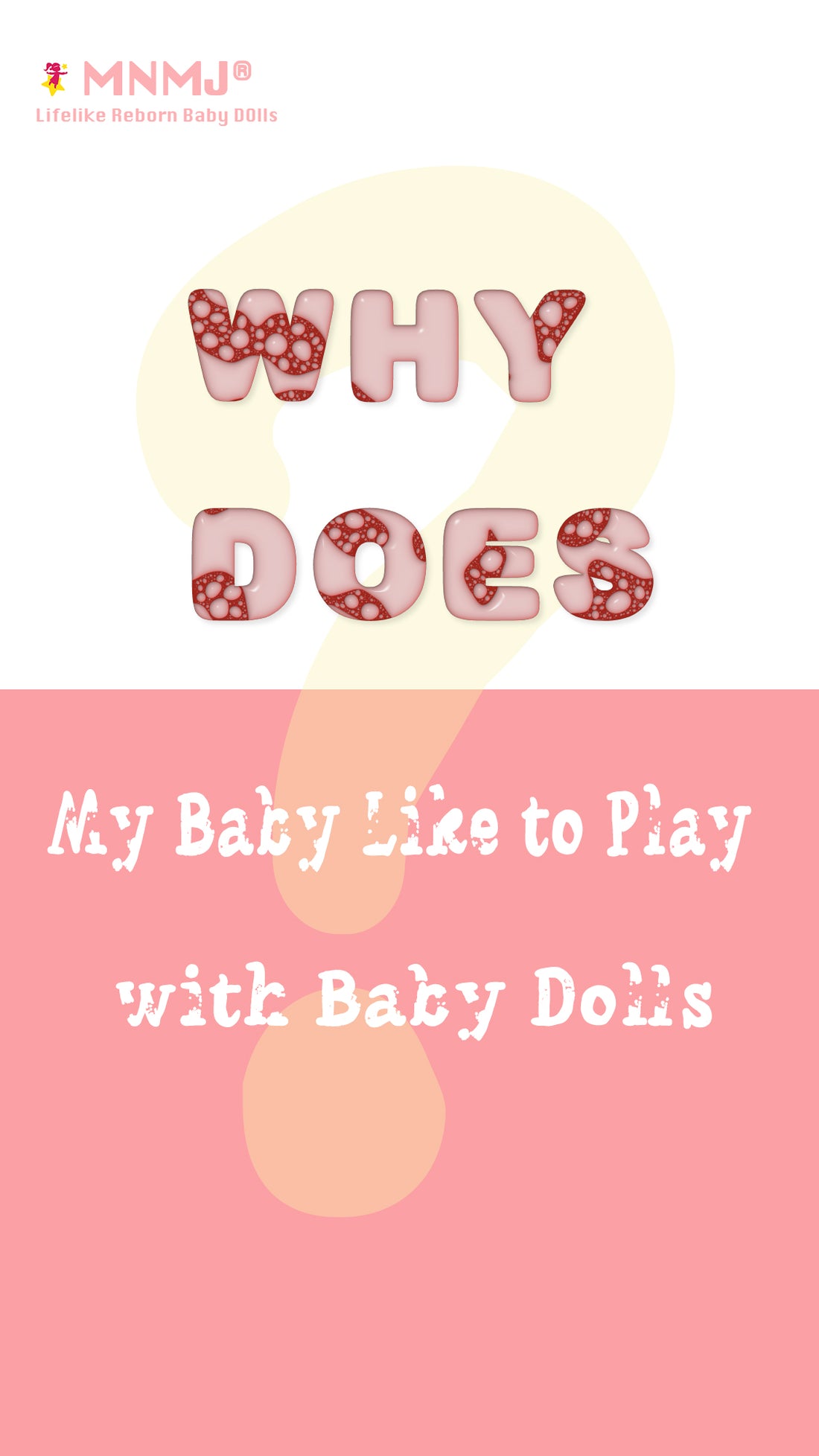
Share
If you have a playroom filled with exciting toys, books, and games, you may be wondering why a simple baby doll commands your child's attention. “A lot of it has to do with what the doll is like and whether it’s a sensory match for the child,” says Florida-based psychologist Debbie White, PhD, who has been working with children for 30 years. At first, a soft, cuddly doll might align with their current sensory preferences, but as children get a little older, they begin to relate to dolls regardless of what they look like.
Human connection is also a major proportion of very young children's daily experiences. “When you’re age 1 or 2, the most important part of your life is the people around you, and dolls are just miniature people,” says Catherine S. Tamis-LeMonda, PhD, professor of applied psychology at New York University’s Steinhardt School of Culture, Education and Human Development. “Kids are drawn to pretend play and acting out what they experience. It’s a lot harder to act out hugging, kissing, and bedtime with blocks.”
Pre-verbal children or new talkers may also find dolls useful for communicating their emotions.
If a child picks up a doll and feeds it or otherwise expresses that their "baby" is hungry, it could be a way of flagging their own feelings to a parent or caregiver, Dr. White says.
